2015 Ford Transit offers fuel economy up to 46% better than old E-Series vans
Green Car Congress
JUNE 6, 2014
2015 Ford Transit offers up to 46% better fuel economy than the old E-Series. The all-new 2015 Ford Transit delivers as much as 46% better fuel economy than Ford E-Series. liter V10 premium gas engine. The improved gas mileage translates to fuel savings as high as $1,700 annually, based on EPA data.


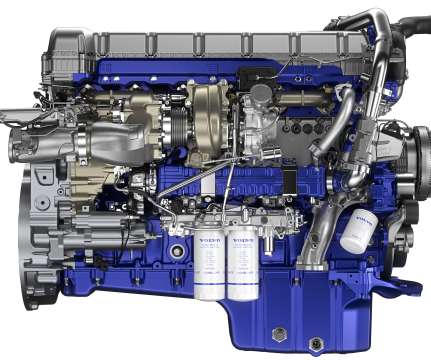



























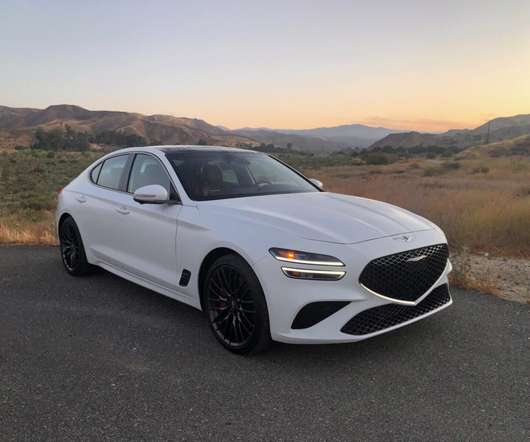
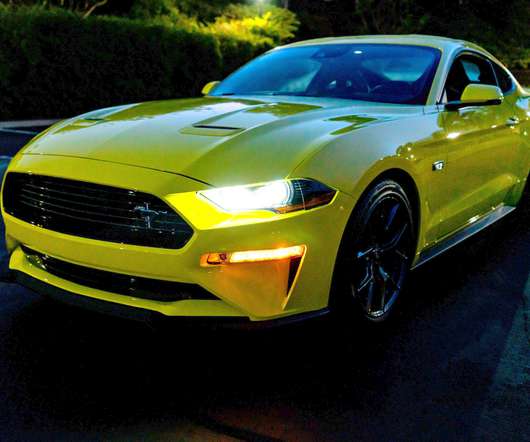
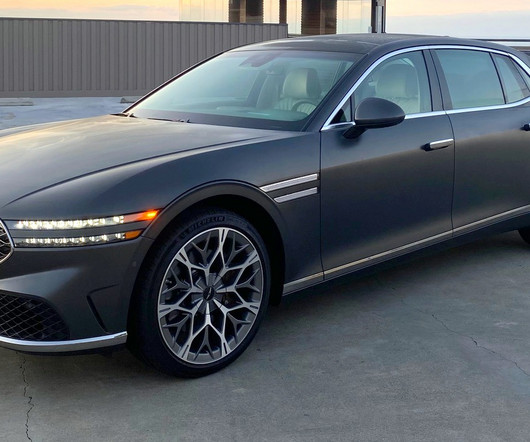

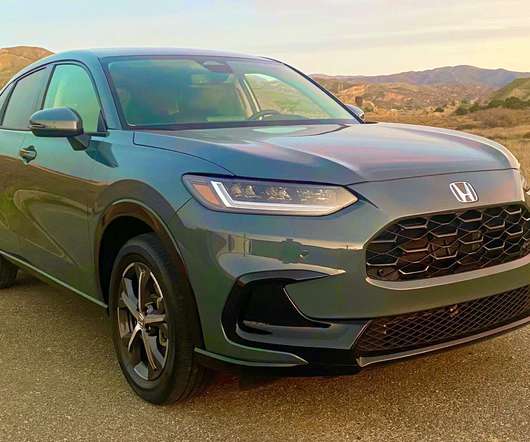
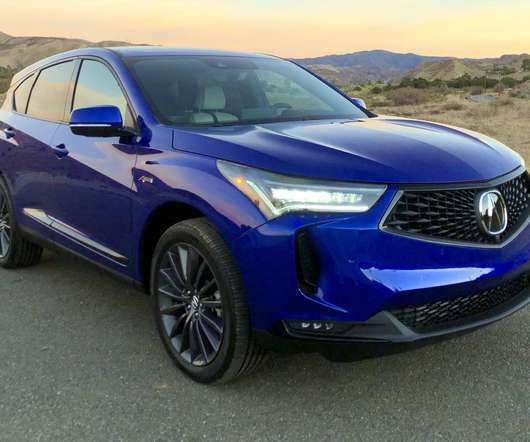






Let's personalize your content